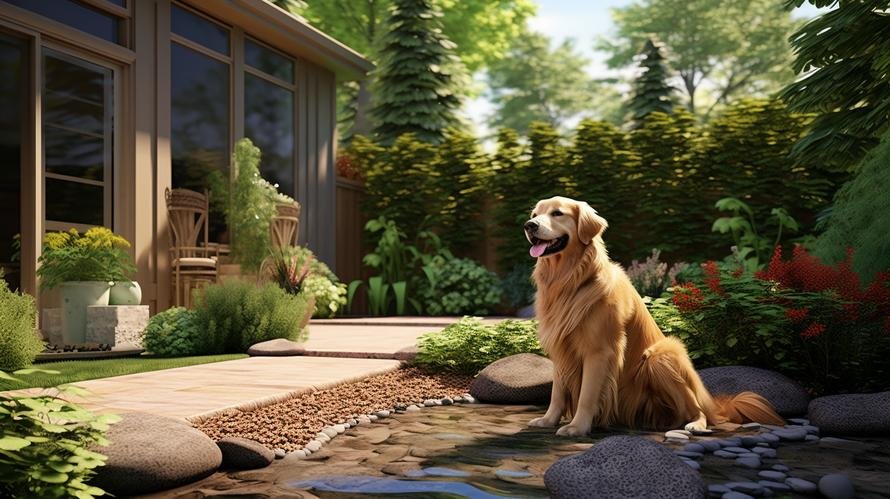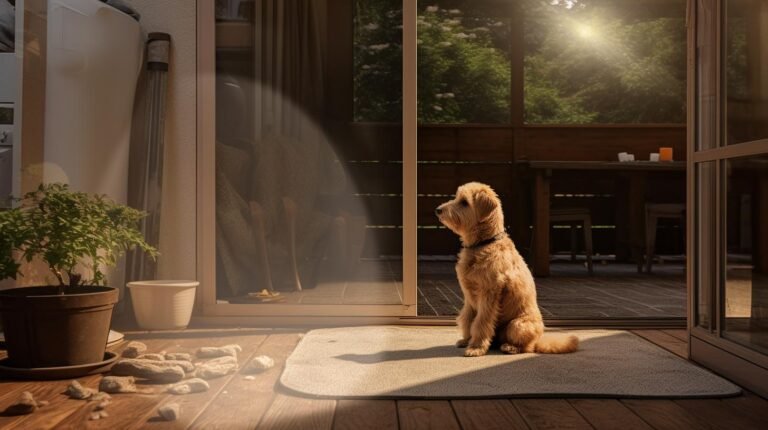In a world where we prize cleanliness as much as we adore our pets, the inevitable mess involved in pet ownership can be both stressful and time-consuming. From potty training a new puppy to managing an older cat with bladder issues, pet pee pads have established themselves as an almost de rigueur part of pet ownership. But is there an alternative to this notorious landfill-bulking product?
For those who have not arrived at this option, ‘Pee Pads’ are absorbent, disposable pads intended to protect your home surfaces from pet accidents; notably those stubborn pets who refuse to ‘go’ outdoors. Despite their functionality and convenience, these pads aren’t always the best solution. For one, they can be incredibly wasteful, contributing to already swollen landfills. Moreover, they aren’t exactly a wallet-friendly option in the long run.
The great news is, alternatives do exist. Whether you’re concerned about the environment, costs, or seeking a long-term solution, there’s a gamut of options to switch from using pee pads. Let’s journey through a few of these impressive options together.
Firstly, perhaps the least considered but arguably the most effective alternative: training. In the case of puppies especially, exhaustive potty training can—and I emphasize, can—eliminate the need for pee pads. There are established methods such as the ‘crate training’ technique, where your pet is accustomed to consistently pee outdoors as soon as you notice the signs. Although this might initially seem tedious and labor-intensive, the long-term benefits are immense. Not only does it save you the cost and environmental impact of habitual pee pad usage, it can also enhance your bond with your pet.
You may wonder what options exist if training doesn’t sound feasible or your pet is already accustomed to indoor relief? Enter the era of sustainable pet management products like reusable pee pads! If you’re dreading the extra laundry load, don’t worry. Many reusable pet pads are made from an easy-to-clean fabric and are machine washable. Typically crafted from super absorbent material, they can also serve as bedding for crate-trained pets. By switching to reusable pee pads, you’ll be embracing a greener lifestyle without compromising your pet’s comfort and cleanliness.
Artificial grass pads are another viable alternative to traditional pee pads. Designed to mimic the feel of natural grass, these pads not only satisfy your pet’s preference for outdoor relief, they’re also reusable, durable, decidedly less icky, and are easy to clean. Moreover, using artificial grass pads can help condition your pet for outdoor bathroom habits.
DoggieLawn is another remarkable innovation well worth considering. These are patches of real grass delivered to your doorstep. This might seem extravagant at first, but DoggieLawn is much more than a fancy pee pad alternative. It helps acclimate dogs who are shy or suspicious about peeing on real grass. Moreover, their grass pads are biodegradable and recyclable!
However, if you’re a cat owner, you may find comfort in a litter box. Though traditional litter boxes can get dirty and smelly quickly, upgrading to a self-cleaning litter box can revolutionize your pet waste management. By swiftly cleaning the box after each use, it reduces odors and minimizes how often you need to entirely replace the litter.
Lastly, for pet-loving eco-connoisseurs, there’s the so-called “compost system.” This takes the form of a special compost bin designed to handle pet waste, turning it into compost for non-edible plants. However, to ensure safety and hygiene, you should never use pet waste compost for fruits, vegetables, or any plants you intend to eat.
With all these in mind, saying goodbye to traditional pee pads and setting sustainable paths to pet waste management seem a whole lot achievable. Besides, it’s all worth it: less waste, less expense, and best of all – a cleaner home environment and more blissful days with your furry friends. Explore these options, engage in a little calendar-shuffling for few weeks, and you may be surprised to find not just how feasible but how rewarding these options could be.



